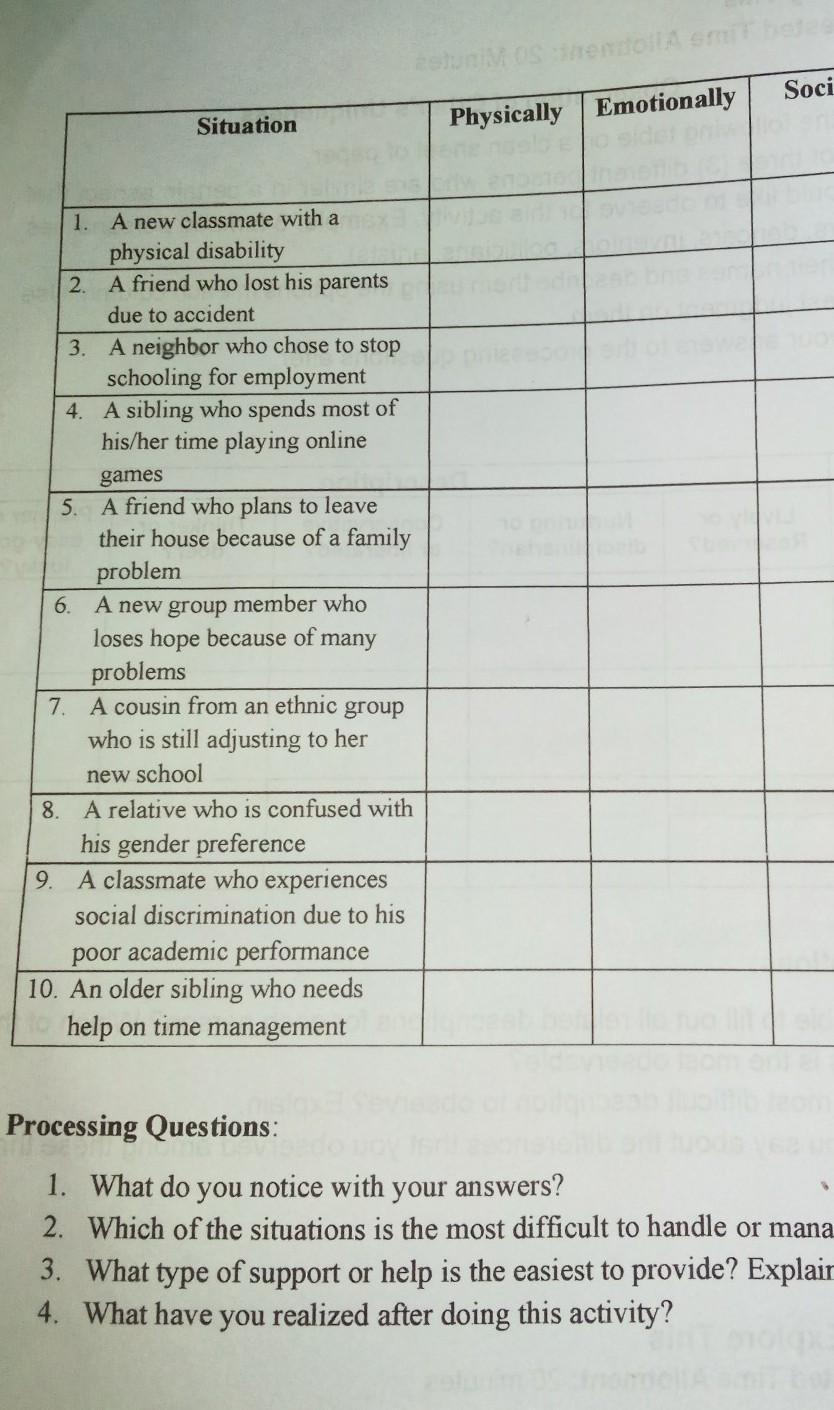The Art Of Supporting Your Answer
In a world where information is abundant and opinions are plentiful, the ability to support your answer has become increasingly important. Whether in academic settings, professional environments, or casual discussions, the strength of your argument can significantly impact how your message is received. This article will delve into the nuances of constructing compelling arguments and providing evidence to back them up. Through thoughtful articulation and substantiation, you can ensure that your points resonate with your audience and leave a lasting impression.
Moreover, the art of supporting your answer is not merely about stating your case; it involves a strategic approach to presenting information that captivates and convinces. Engaging your listeners or readers requires a blend of logic, emotion, and credibility. In this age of information overload, it is essential to sift through data to find relevant evidence that reinforces your stance. Understanding how to effectively present this evidence can empower you in various discussions and debates.
In this article, we will explore the key elements involved in supporting your answer. From identifying credible sources to structuring your arguments, we will provide insights that can enhance your persuasive communication skills. By the end, you will be equipped with the tools necessary to present your case confidently and convincingly, ensuring that your audience not only hears you but also believes you.
What is the Importance of Supporting Your Answer?
Supporting your answer is crucial in various contexts, including academic, professional, and everyday conversations. It enhances your credibility and demonstrates your knowledge on the subject. Here are some reasons why it matters:
- Establishes credibility and authority.
- Encourages critical thinking and analysis.
- Fosters respectful and constructive dialogue.
- Helps persuade and influence others.
How Can You Gather Evidence to Support Your Answer?
Gathering evidence is a fundamental step in supporting your answer. Here are effective ways to do this:
What Types of Evidence Are Most Persuasive?
The type of evidence you choose can significantly impact the effectiveness of your argument. Consider the following:
- Statistical Evidence: Numbers can provide concrete support and enhance your argument's validity.
- Testimonial Evidence: Personal stories and endorsements can evoke emotional responses and establish relatability.
- Analogies: Drawing comparisons to familiar concepts can help clarify complex ideas.
- Logical Reasoning: Presenting logical deductions can guide your audience through your thought process.
How Should You Structure Your Argument?
Structuring your argument is essential for clarity and coherence. A well-organized argument typically includes the following components:
Who Are the Experts in Supporting Arguments?
Many individuals and organizations excel in supporting arguments effectively. They use a blend of research, analysis, and presentation skills to convey their points. Notable figures include:
- Dr. Angela Duckworth - known for her research on grit and perseverance.
- Malcolm Gladwell - a journalist and author who uses storytelling to support his arguments.
- Dr. Brené Brown - a researcher who explores vulnerability and courage with compelling evidence.
What Role Does Emotional Appeal Play in Supporting Your Answer?
Emotional appeal can be a powerful tool in supporting your answer. By connecting with your audience on an emotional level, you can enhance the persuasiveness of your argument. Consider these aspects:
How Can You Practice Supporting Your Answer?
Practice is essential for developing your ability to support your answer effectively. Here are some tips to enhance your skills:
- Engage in debates or discussions with peers.
- Write essays or articles on various topics.
- Seek feedback from trusted individuals on your arguments.
- Read extensively to expose yourself to different viewpoints and evidence.
What Are Common Mistakes to Avoid When Supporting Your Answer?
While crafting your argument, be mindful of common pitfalls that can undermine your credibility:
Conclusion: How Do You Become an Effective Arguer?
Becoming an effective arguer involves a continuous process of learning, practicing, and refining your skills. By understanding the importance of supporting your answer, gathering credible evidence, structuring your arguments, and avoiding common mistakes, you can significantly enhance your persuasive abilities. Remember, the goal is not just to win an argument, but to engage in meaningful dialogue that fosters understanding and respect.
In summary, the art of supporting your answer is a valuable skill that transcends various aspects of life. Embrace the journey of becoming a more effective communicator, and watch as your influence and impact grow. By diligently working on your argumentation skills, you can confidently express your views while inviting others to consider new perspectives.



ncG1vNJzZmixn6PAtr7IZqWeq6RjsLC5jq2pnqaUnruogY6tpmarpaW9sL7TZrCoraJirq%2B%2F1p6pZ6Ckork%3D